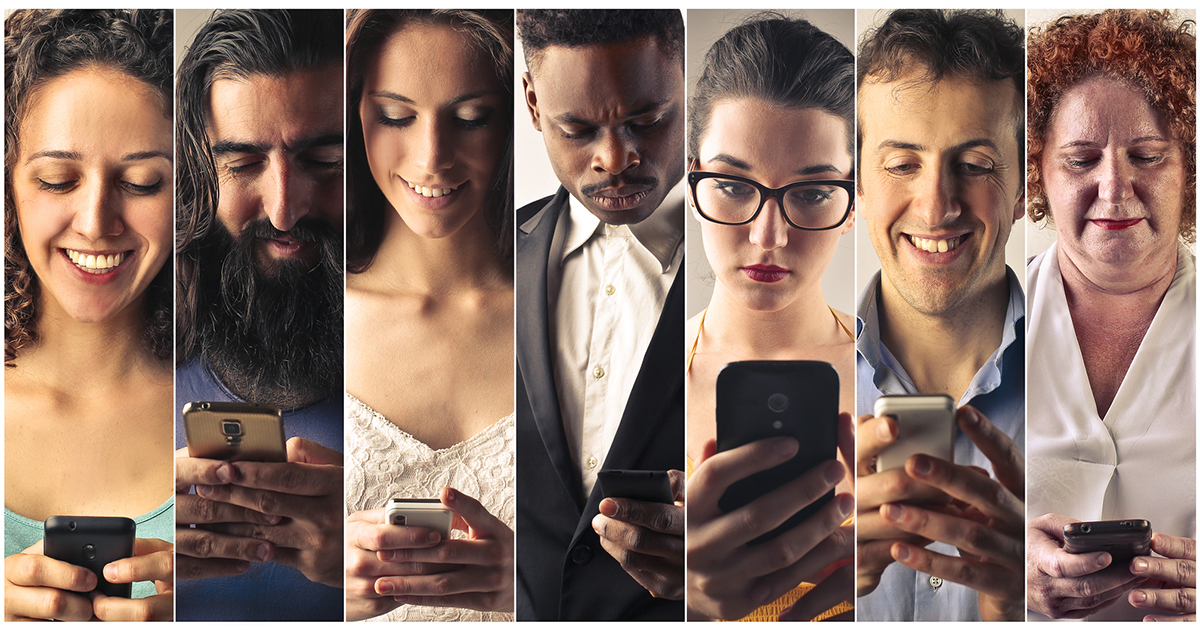New Study Has Troubling Findings About Phubbing
By:
Compulsively checking your phone around others has been credited with dissolving romantic relationships, ruining friendships, and even leaving a disproportionately large carbon footprint.
But we'd better get used to it.
Phubbing, according to new research, is becoming a more common part of normal interaction. If somebody phubs you, you're probably more likely to feel less guilty about phubbing yourself.
"In an environment where people are constantly switching from being the protagonists and recipients of this behavior, our data suggests that phubbing becomes seen as the norm," researchers from the University of Kent wrote in an article for the journal Computers in Human Behavior.
They added:
"People may therefore assume that others phub in the same way that they do themselves, therefore perpetuating the behavior."
 Bigstock/olly2 - bigstockphoto.com
Bigstock/olly2 - bigstockphoto.com
In the article, titled "How 'phubbing' becomes the norm: The antecedents and consequences of snubbing via smartphone," researchers set out to examine the factors that might drive someone to phub.
The findings weren't exactly surprising. Among the predictors were internet addiction, fear of missing out (FOMO), low self-control — all of which can lead to smartphone addiction, and, therefore, a higher propensity to phub, according to researchers.
But in an interesting turn, participants who admitted to phubbing were credited with igniting a sort of terrible phub feedback loop: If your friend is scrolling Instagram over drinks, you're likely to feel less weirded out about checking your own accounts.
And so on and so forth.
The researchers also note that of the 251 respondents, 53 percent of women reported phubbing at least twice a day, as opposed to only 28 percent of men. Women were also more likely to be the phubee twice a day.
